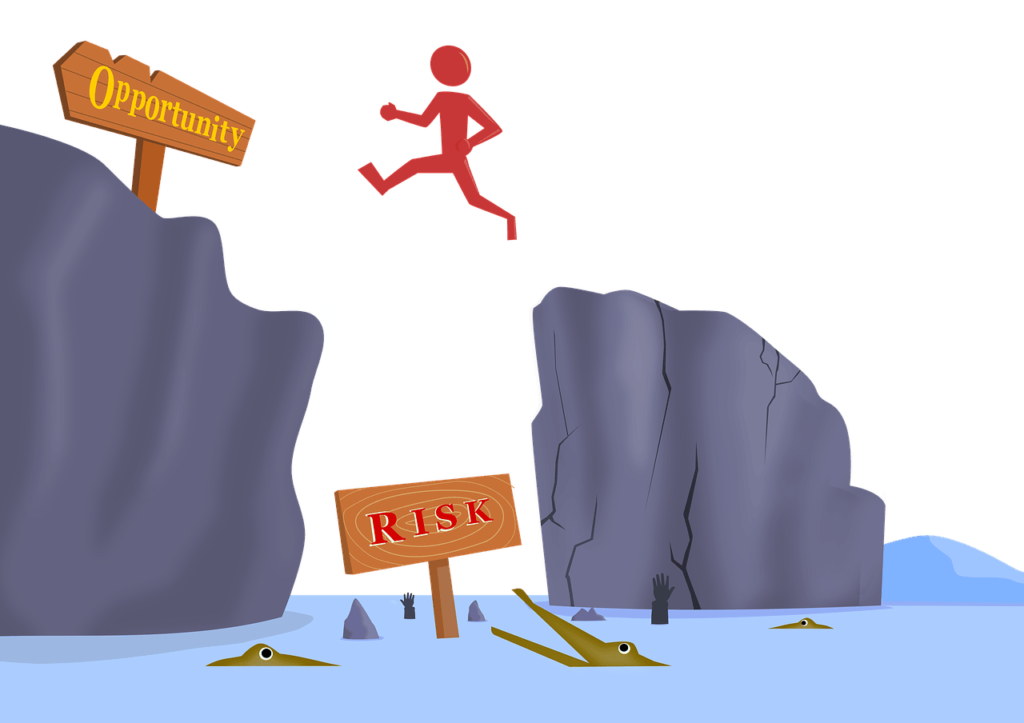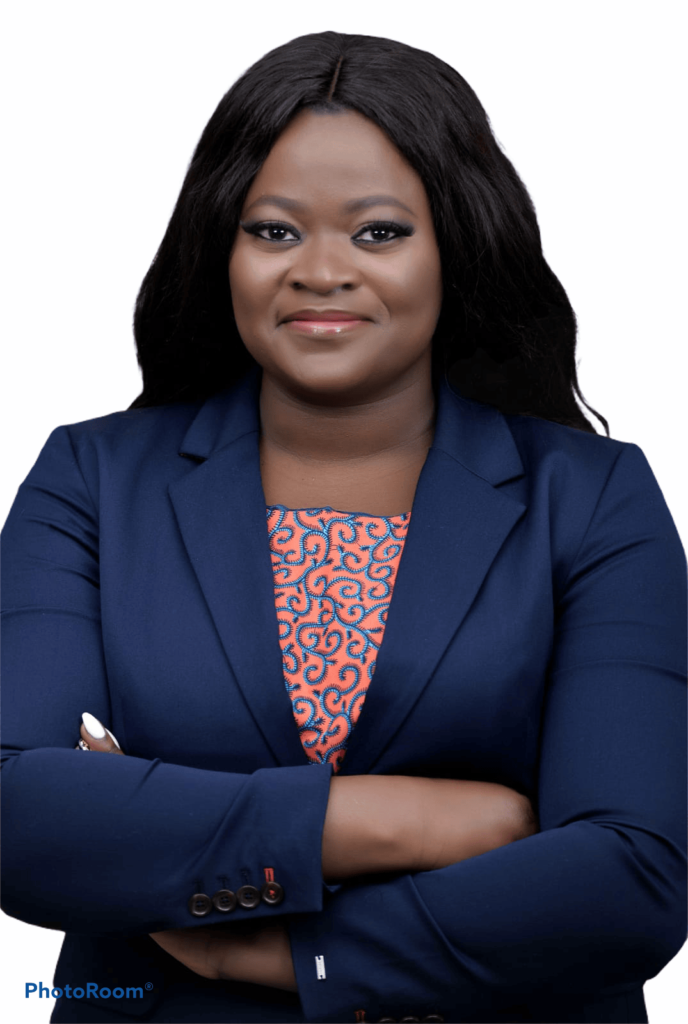UNVEILING
- Abby started her business during a Global pandemic (COVID -19).
- Abby is married to her co-founder.
- Abby excels in planning, measuring outcomes, and executing strategies that drive success.
- Abby’s favorite food is a quintessential West Africa combo.
- Abby is a ‘girl’s girl’!
Hi Abby, an Icebreaker question for you:
What song are you loving right now?
Oh, there are so many! I’m loving Bruno Mars’ new song with Lady Gaga. And Ninne Boys’ album is on repeat, it’s amazing.
Introduction and Background
Can you tell us a bit about yourself and your journey so far?
My journey into business started back in 2005, long before the term ‘drop-shipping’ became popular. I’d source items from China or Hong Kong, mostly women’s accessories like jewelry and purses, and sell them on eBay. The twist? I’d list these items before they even arrived. Once they sold, I’d ship them to the buyer. It was thrilling to see how this method worked, and it gave me my first taste of entrepreneurship. Fast-forward a few years, I was working in Nigeria at Etisalat and noticed something: women, especially those who were well-endowed, had limited access to lingerie. I saw a need and decided to fill it. I sourced different designs I thought would resonate with African women and launched an e-commerce platform. What I’m most proud of from that venture is how we introduced a unique way for women to find their sizes online—no physical measurements required! It made shopping easier and more fun, to be honest.
So, what brought you into the tech and startup world?
When I moved to Canada in 2016, we bought a home and quickly realized how frustrating the interior design process could be. Going to multiple stores, trying to visualize everything—it was exhausting. That frustration sparked an idea: what if people could design their spaces online with accurate 3D models? That’s how I entered the startup world. We built technology that not only allowed users to design spaces but also connected them with the exact items in their designs. If you placed a Crate & Barrel chair in your virtual living room, you’d know exactly where to buy it. Over time, we partnered with about 30 companies, giving us access to over 250 brands. It was all about moving from ‘concepts’ to actionable results.
This year, we’ve taken things a step further with AI. Our platform can now generate designs based on simple prompts, and it doesn’t stop there—it tells you where to purchase every item in the design. We’re even working on a feature where users can upload their floor plans, and the AI will create personalized designs instantly. It’s all about blending creativity with convenience and turning ideas into tangible realities.
“It’s all about blending creativity with convenience and turning ideas into tangible realities.”
What’s next for you and your team?
The future is about pushing the boundaries of design and technology even further. We want to make creativity accessible to everyone while bridging the gap between imagination and implementation. It’s an exciting time, and we’re just getting started.
Inspiration and Motivation
What is your Biggest Inspiration?
That’s a great question! I think, over the years, I’ve always been drawn to women who are pushing boundaries, women in tech, women in leadership. That’s my jam! It inspires me when I see women doing something amazing for themselves, challenging norms, and making waves. That includes women I know personally—like my sister, my friends, even myself. It also includes people I’ve read about or admired from afar. I’ve asked some of these women to mentor me because I love learning from their brilliance.
But on a personal level, my biggest inspiration is leaving a legacy for my kids. I want them to look back and say, ‘Mommy did this. Mommy achieved this.’ And then, I want them to dream even bigger and do more. It’s not about stopping with what I’ve accomplished; I want them to triple it. My co-founder is also my husband, and we build everything with the intention of passing it on. It’s not just for us to create; it’s for growth, for continuity, for the next generation to take over and expand on. That’s what drives me. I also surround myself with people—whether in my industry or not—who lead, challenge, and support others, especially women. It’s so important to me.
“Surround yourself with people who lead, challenge, and support others…”

What’s a common myth about your industry that you’d like to debunk?
That’s an interesting one. Specifically, in the architectural and interior design space, there’s this lingering idea that design tools should remain traditional. That interior designers, decorators, or creatives should stick to rulers, pencils, and paper.
While that might have been true 20 years ago, the landscape has completely changed. The people stepping into these roles now want efficiency, accuracy, and speed. They’re embracing AI, technology, and any tool that can deliver results faster and better. So, the biggest myth is that the traditional approach to design still holds water. It doesn’t. Technology is eroding those old methods, and in the next few years, they’ll be fully replaced. We’re here to lead that change, to empower designers with tools that reflect modern needs.
Challenges and Overcoming Obstacles
What are the biggest challenges you’ve faced as a founder?
Our biggest challenge is balancing two major tasks: selling and raising capital.
We’re a small team, so we’re constantly juggling generating revenue to sustain growth while simultaneously trying to secure funding to scale faster. It’s tough because our industry is very competitive. There are others trying to do something similar, so speed is critical.
But the truth is, sales don’t always generate the kind of revenue you need as quickly as securing funding can, and then there’s the harsh reality that women founders receive only about 2% of venture capital funding. It’s exhausting to pitch to VCs who often dismiss female founders before even hearing us out. Sometimes, it feels easier to sell to customers than to convince investors.
But we’re not giving up. We’re determined to break through these barriers, to prove that women-led businesses are worth every bit of investment they get—and more.
“…women-led businesses are worth every bit of investment they get—and more.”
Can you share a risky decision you made while growing your business?
I think one of the riskiest decisions we made was starting the business in the first place.
We all have ideas about startups, but most of us put them on hold, thinking, ‘I’ll get back to it someday.’ For us, we took that leap, and to make it even riskier, we launched just before COVID hit. We officially started in early 2020, and by March, the world went into lockdown. It was a challenging time to build and sell. On the one hand, being locked down meant my co-founder—who is also my husband—and I could brainstorm and build faster. But selling was a completely different ballgame. Without face-to-face interactions, we had to convince people over Zoom, which was not easy.
To gain traction, we joined an accelerator program. It taught us how to build a solid pitch deck, present our ideas, and refine our selling techniques. After the accelerator, we focused on two things: participating in pitch competitions and sensitizing our network. We started sharing teasers about Clavis Studio on social media and among friends and colleagues.
The pitch competitions were pivotal for us. I still remember our first sale after launch. Someone randomly bought from our platform that night, and we were overjoyed. Later, one of our contacts shared information about us in a Facebook group, and someone from that group reached out, leading to our biggest project in 2021. Those were big milestones for us.

Success Factors
What are the three unique skills that helped you become successful?
First, I need to say that my project management skills have been invaluable. My background has always been in management, and as a project manager, I’ve learned to think about outcomes, plan effectively, and measure results. Those skills are critical in running a business.
Second, my studies in Business Administration prepared me to approach entrepreneurship systematically. It laid a strong foundation for understanding the intricacies of starting and scaling a business. Lastly, adaptability has been crucial. Navigating challenges, like launching during a pandemic or tackling industry misconceptions, requires the ability to pivot and find solutions quickly.
How do you unwind or practice self-care amidst your busy schedule?
Self-care for me has evolved over the years.
Five or ten years ago, it might have been reading a book. Now, with so much on my mind, I prioritize quiet moments. I might watch a movie, relax, or just take breaks to clear my head.
It’s all about finding what works for you and embracing it.
What’s the most important lesson you’ve learned in your career?
The most important lesson I’ve learned is that everyone is connected. You’d be surprised who knows whom and how relationships can impact your career or business. That’s why it’s crucial to treat everyone with civility and respect, whether in personal or professional settings.
I’m not saying you need to be overly nice to everyone, but be courteous. You never know where your next business opportunity might come from or who’s advocating for you behind the scenes.
Personality Fitness and Plans
Do you have any upcoming projects you’d like to share?
Yes! I’d love for people to download and try our app, Clavis AI. It’s available on our website, www.clavisai.app, and on app stores like Google Play and the Apple App Store.
We’re not limited by region, so we’d love feedback from users worldwide.
Just one last question before we wrap up:
What’s your favorite food?
Oh, that’s a fun one! Growing up, I had one favorite food that never changed. But now, I think my go-to is Jollof rice with Turkey, Plantain, and fried fish.
Add that combo, and I’m in heaven!
A Word of Advice for Aspiring Women in Your Industry ?
Don’t wait for the perfect moment to start. Perfection is a myth. Take that first step, even if it’s risky. Learn as you go, build relationships, and trust your instincts. Join communities, participate in programs, and don’t underestimate the power of your network.
Be bold, persistent, and remember that resilience is your greatest asset.
“Be bold, persistent, and remember that resilience is your greatest asset.”



